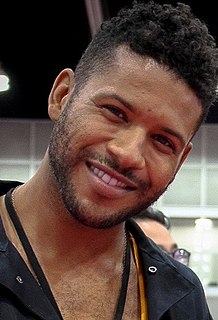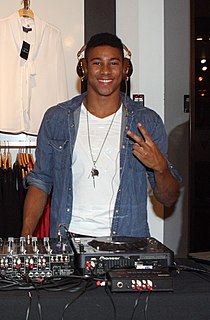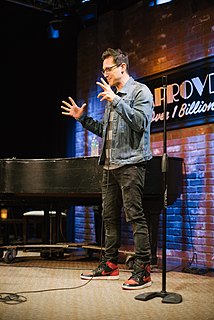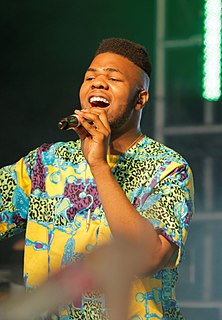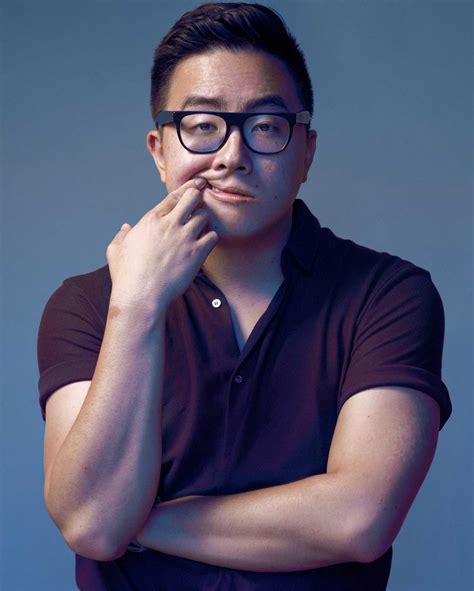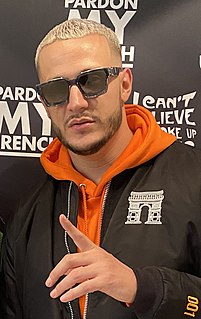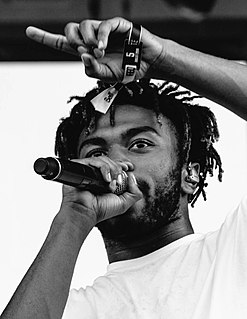A Quote by Asia Kate Dillon
The stories I grew up with, whether it came to queer representation or representation of anyone that was different, it was always a story of, like, very sad, usually ended up with somebody dying, and it made the idea of being queer or different really scary, actually.
Related Quotes
I am pansexual as I actually remember also being attracted to women as well and thinking that maybe this like, thing where I was attracted to men was just like some weird phase or if it was something I could just ignore. My mom is queer and I have a queer uncle. So, I wasn't completely, you know, shielded from queer representation.
A lot of artists I like end up being queer. Or maybe it's a subconscious thing that you can identify of, like, 'Oh this person understands the nuances of the romantic narrative of a queer person, or the social narrative of a queer person.' And then you discover, lo and behold that they are a queer person.
I think, in general, straight actors should be able to play queer roles just as much as queer actors should be able to play straight roles. I think the reason why the debate is there is because we haven't had enough queer actors being cast in anything. People are in need of that representation in general.
I read everything and anything related to being queer. I found solace in reading authors like Audre Lorde and bell hooks, who would become my activist staples - their words helped me grow up and taught me how to be bold and courageous. By studying them, I came to understand that being young and queer and black would not be easy.
A lot of different people under the queer umbrella come together but Like there's something inherently queer about the heist genre, in some way. It's about just flying under the radar and procuring something furtively or, you know, that thing that is just so fun and high-stakes in the way that a lot of queer experiences are.


